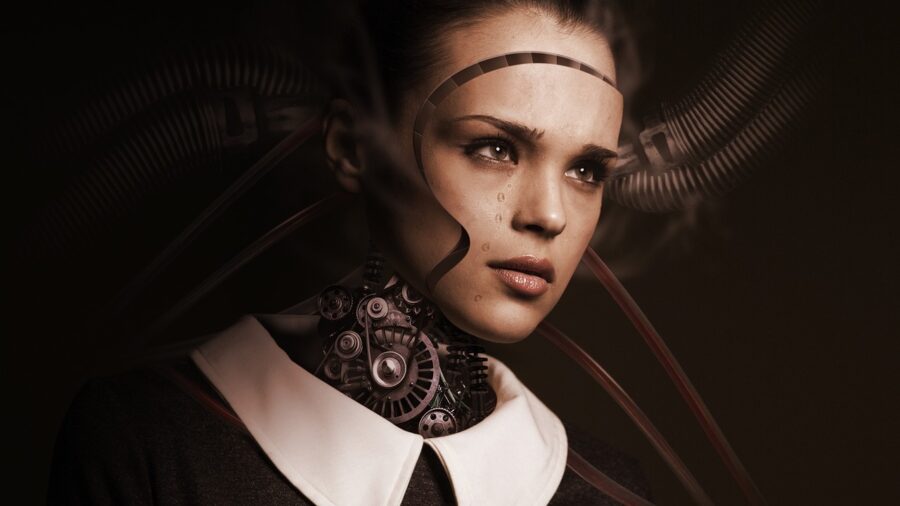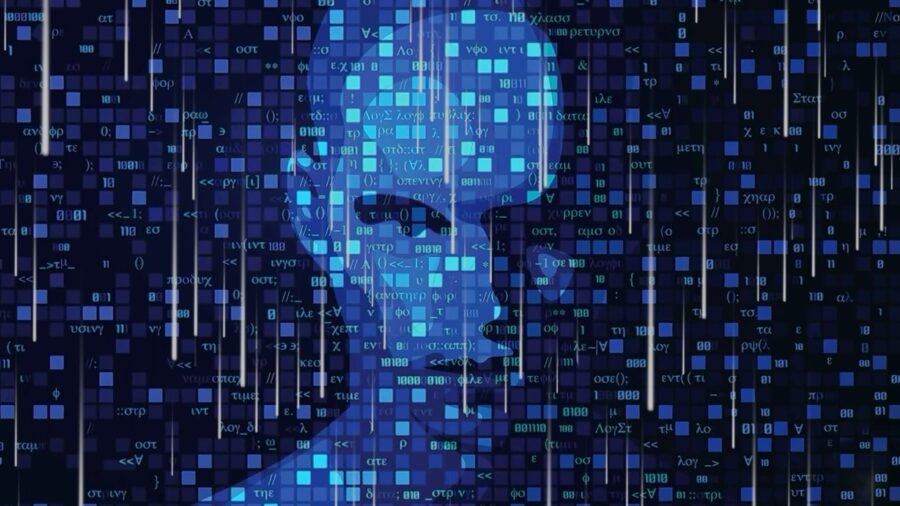AI Voiceover Company Sued Over Alleged Theft Of Actors’ Voices

Two voice actors sued an AI voiceover startup recently for allegedly stealing their voices. Paul Skye Lehrman and Linnea Sage accused San Francisco-based company Lovo of selling artificial-intelligence versions of their voices without their permission. The artists claim that the AI Voiceover company tricked them into producing voice samples for them and then used the samples to generate AI voices without their knowledge.
Another Lawsuit Over AI Theft

The duo have proposed a class-action lawsuit against Lovo and are seeking at least $5 million in damages. Lehrman and Sage have accused the AI voiceover company of a litany of violations, including fraud, false advertising, and violating their publicity rights. This case is just one of a growing epidemic of lawsuits aimed at tech companies for using existing art to power their generative AI systems.
Accused Of Misusing Voices

Companies like Lovo have been accused of using pre-existing books, new articles, artwork, and song lyrics to construct databases to train their AI. Critics of this practice argue that the artists whose hard work is used to train models like Lovo’s AI voiceover model receive no compensation whatsoever. Even worse, many are unaware companies like Lovo are even using their work.
Steve Cohen, the lawyer representing the two voiceover artists, recently told Reuters, “We don’t know, of the thousands of voices Lovo says they use, how many people know that their voices were used and may still be used.”
Lawsuit Claims Misleading Ads

Lehrman and Sage originally got involved with Lovo through Fiverr, an online marketplace for freelancers. According to the lawsuit, Lehrman was told that he was contributing his voice to a “research project.” Meanwhile, Sage was informed that her voice would only be used for “test scripts for radio ads.” Neither artist was told in any way, shape, or form that the recordings they did for Lovo would be involved in any AI voiceovers.
And yet, that’s exactly what happened.
Voices Used For YouTube Narration

Lehrman was later shocked to hear an AI version of his voice narrating a YouTube video about Russian military equipment. Ironically, Lehrman’s voice was also used for a podcast specifically about “the dangers of AI technologies.” Meanwhile Sage’s voice was used in AI voiceovers for Lovo’s own promotional materials.
The Company’s Response Is Something Else

The Lawsuit further alleges that Lovo was selling the two actors’ voices under the names “Kyle Snow” for Lehrman and “Sally Coleman” for Sage. To add literal insult to injury, the plaintiffs claim Lovo responded to a cease-and-desist letter sent on behalf of the two voice actors by stating that the AI voiceover models based on Lehrman and Sage weren’t “popular” and that the company’s sales of those two models were negligible. In other words, the company’s words can be paraphrased as: “It doesn’t matter that we stole your voices illegally because nobody even wants them.”
Accused Of Using Celebrity Voices

The voice actors filed the lawsuit on behalf of a whole class of people whose voices Lovo has been accused of using illegally. The lawsuit explains that Lovo’s website also offers AI voiceovers based on celebrity soundalike voices. Some of the voices offered by Lovo are “Barack Yo Mama,” “Mark Zuckerpunch,” and “Cocoon O’Brien.”
Scarlett Johansson Is Fighting The Same Battle

Lehrman and Sage’s lawsuit mirrors a similar suit recently filed by actress Scarlett Johansson, alleging that OpenAI used her voice for their new AI voiceover model, Sky. The actress claims that OpenAI approached her to contribute her voice for Sky, and when she declined, the company went ahead and used her voice anyway. Should these lawsuits work out in the actors’ favor, it would be a big step towards securing artists’ rights to their own likenesses in a post-AI world.
Representatives for Lovo have so far declined to comment on the lawsuit.












